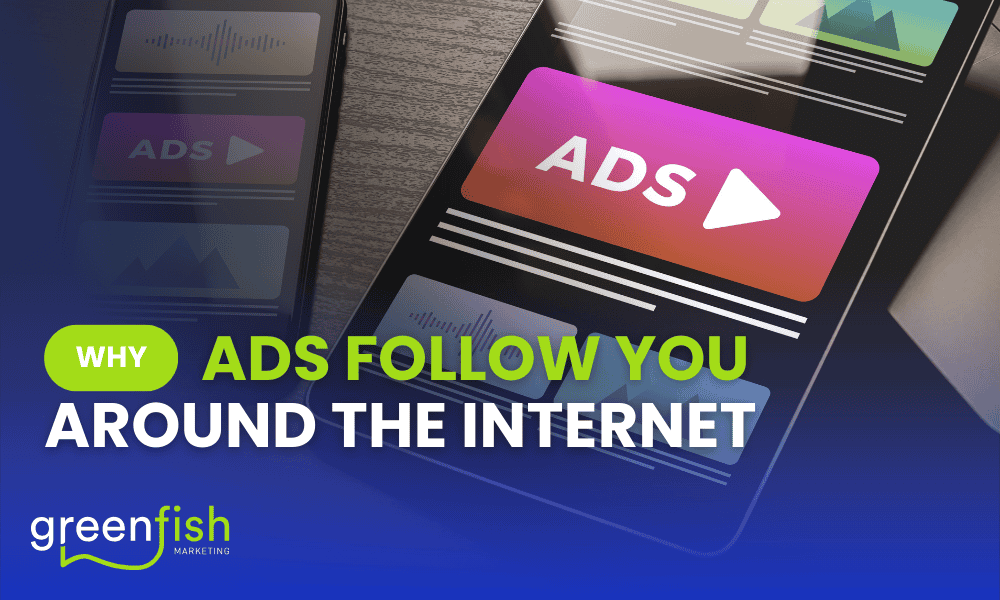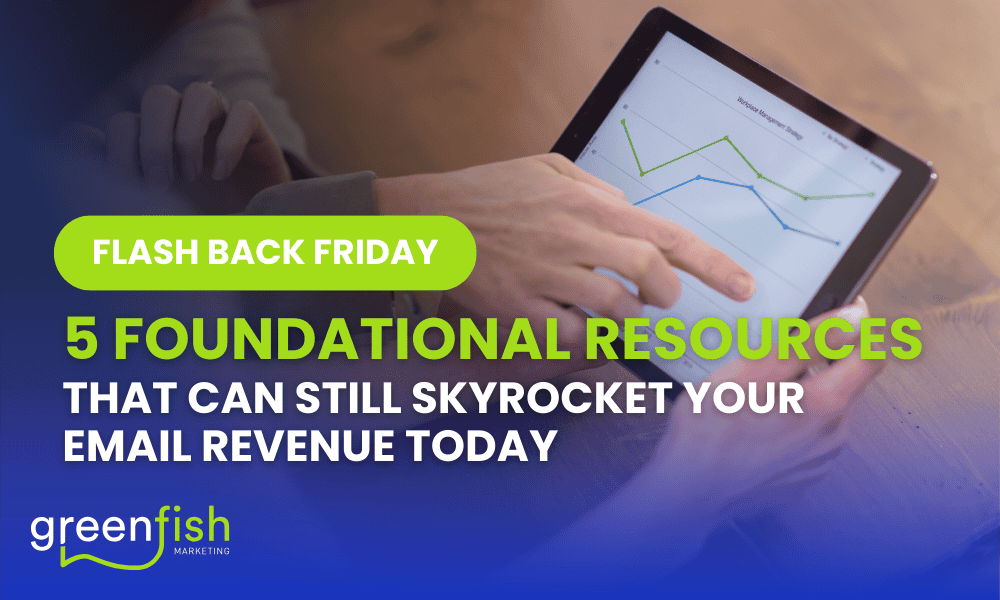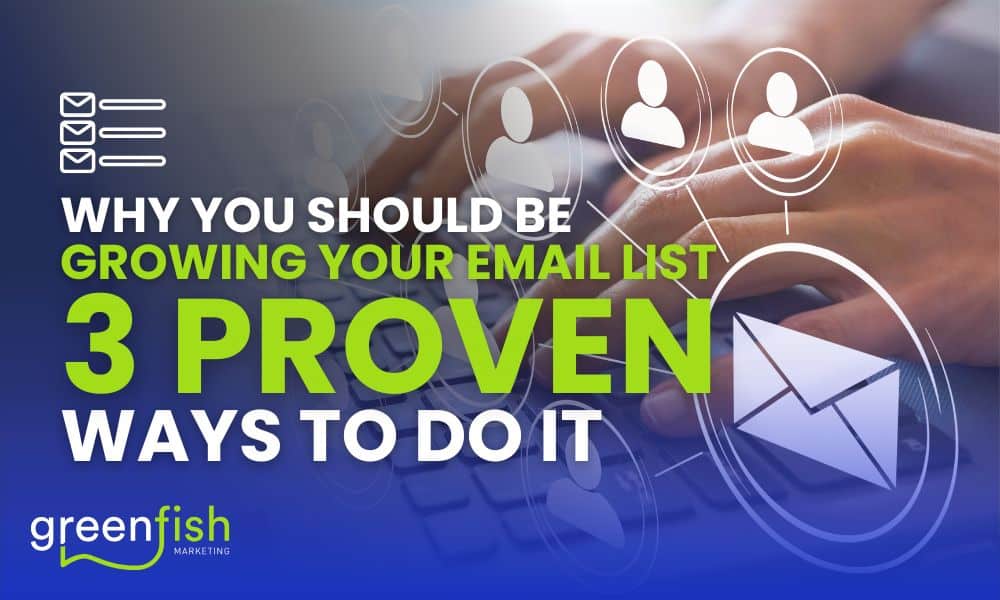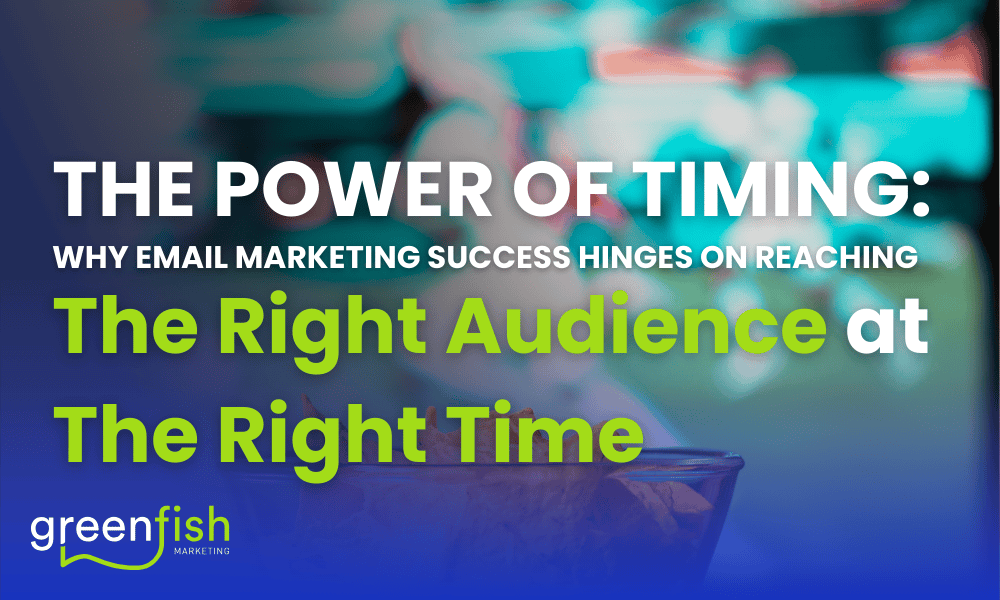We’ve all had that uncanny experience with digital advertising. You know the ones, where you’re not even sure if you spoke your intentions out loud or just had a thought, and suddenly there’s an ad for that very thing front and centre on your feed. Or you were just killing time browsing for some new shoes and now you see that pair you were eyeing off every time you refresh Facebook or Instagram.
It can be unnerving and makes us feel like there might be some truth to the “Big Brother Is Always Watching” jokes we all make.
But have you ever wondered why or how the advertising got so personal? We’re breaking it down for you.
Digital Advertising Works
While high percentages of people admit they think they see too many advertisements, particularly on social media, you’re not going to start seeing less anytime soon.
Why not?
Because they work. SurveyMonkey uncovered some impressive numbers to support that too.
48% of respondents admitted to buying something based on the online advertising they’d seen. That figure jumps to 53% and 56% when you break the demographics down to those in the millennial age bracket and females respectively.
How Digital Advertising Really Works
You’re probably thinking “yeah we get it, businesses want to make money but how do the advertisers know me so well?”.
We all have that theory that our conversations are being listened to, and they are to a point, but the reality is that Artificial Intelligence is actually really, really smart. Contrary to popular belief, very little information is sourced through your phone camera or microphone.
You’re leaving a digital footprint every time you do something on your device or in your browser, and we already know that behaviour is tracked. Advertising giants like Facebook and Google use the behaviour data to create targeted ads based on the things you’re already browsing.
Even the most careful and private person online will leave traces of what they’ve looked at, and most of us aren’t that fastidious. So we accidentally tell the advertiser’s technology what we want to see before we even open our mouth just by what we’re doing online.
You can change your access and permissions for things like Apple, Android, Google, Facebook and other social media apps, so if you’re looking to lock down your online activity, you can easily find instructions on how to do it with a quick internet search. Just remember though, restricting access can restrict features and functionality so make sure you do your research.
I’m An Advertiser – How Can I Use This?
Paid advertising works best in conjunction as part of an overall digital marketing strategy and when you’re making use of things like an engaged email marketing database and savvy automations that can help you create a personalised experience for your current and potential customers.
The first thing you need to do is get really clear on who you want to advertise to. Focusing on “everybody” is a good way to target nobody. We often hear from people who’ve tried paid advertising and say it felt like a waste of money – and like most things digital marketing related, it can be if you’re not doing it well.
Once you understand who you are speaking to, you’re able to create content and use technology like cookies, pixels and other pieces of those “online footprints” to really target demographics and online behaviours.
Marketing automation can also help you to not only reach, but engage and nurture your target audience. Book a discovery call with the Greenfish Marketing team to talk about how to personalise your profits with automation and advertising.




